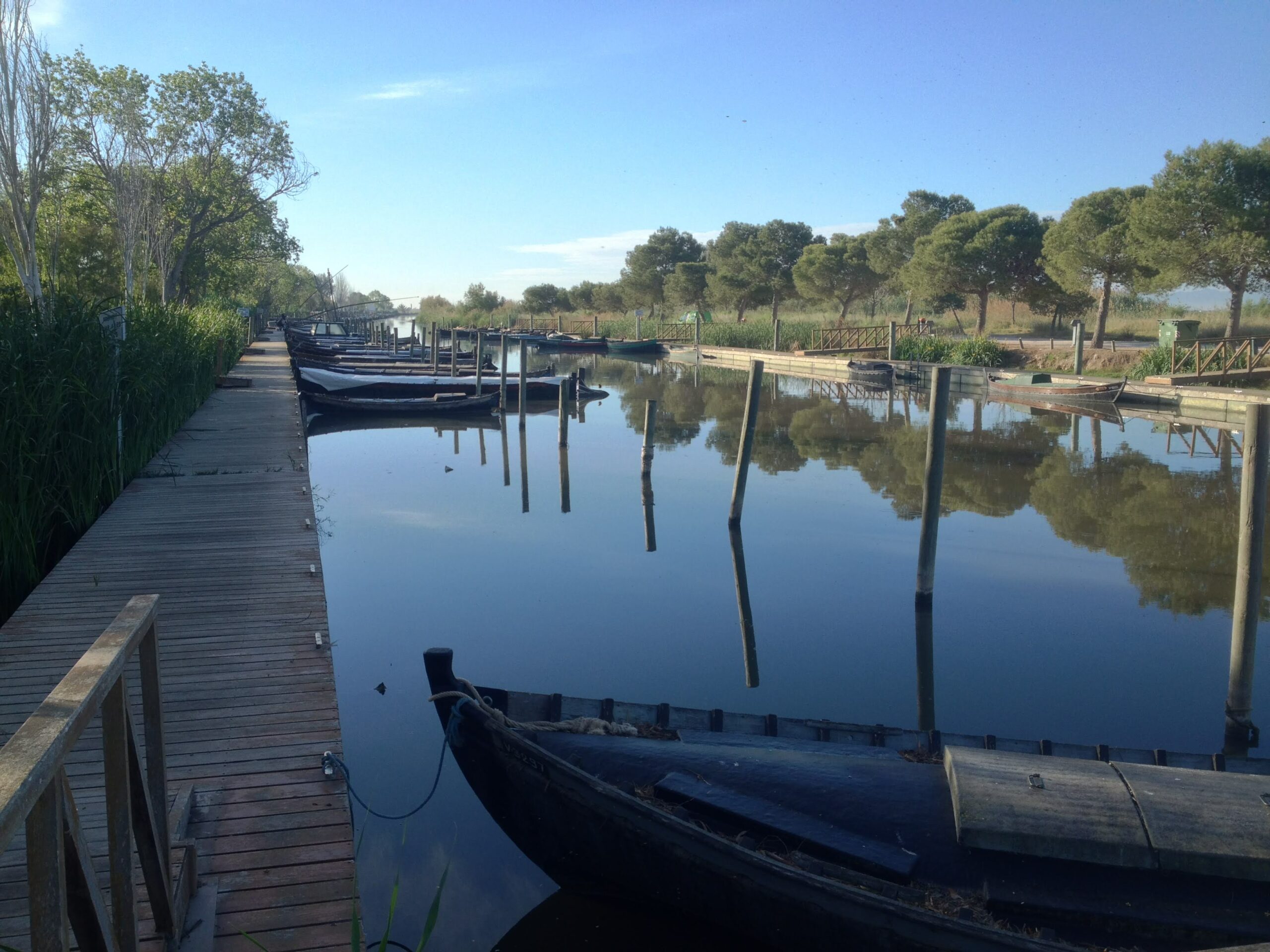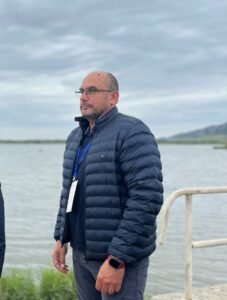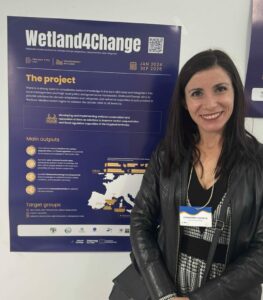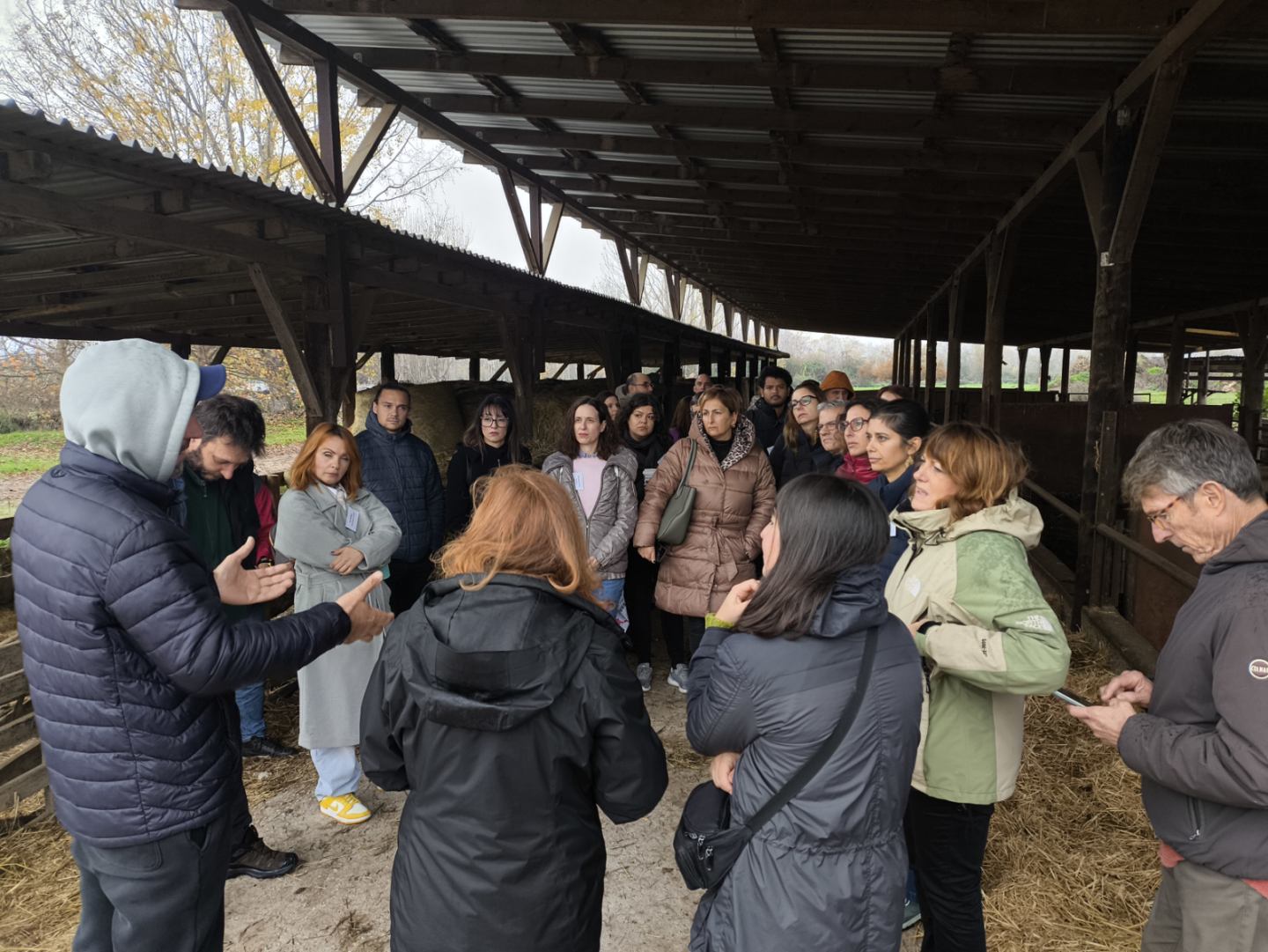At the halfway point of its journey, Wetland4Change is advancing its mission to implement and validate nature-based solutions for wetland conservation and restoration across the Mediterranean. By focusing on carbon sequestration, flood regulation, and resilient governance models, the project supports climate adaptation and mitigation while promoting ecosystem health. Leading this ambitious Euro-MED initiative is the University of Forestry (UF) in Sofia, which also coordinates activities at the Struma River catchment—one of the project’s transboundary pilot sites bridging Bulgaria and Greece. We spoke with Petar Petrov, Associate Professor in ecological restoration, Team leader, and Stanimira Ivanova, project coordinator at UF, to explore the progress made so far, the unique challenges of managing wetlands across borders, and their vision for sharing knowledge and impact beyond the project’s lifecycle.
How is Wetland4Change contributing to rethinking the role of wetlands in climate adaptation across the Mediterranean region?
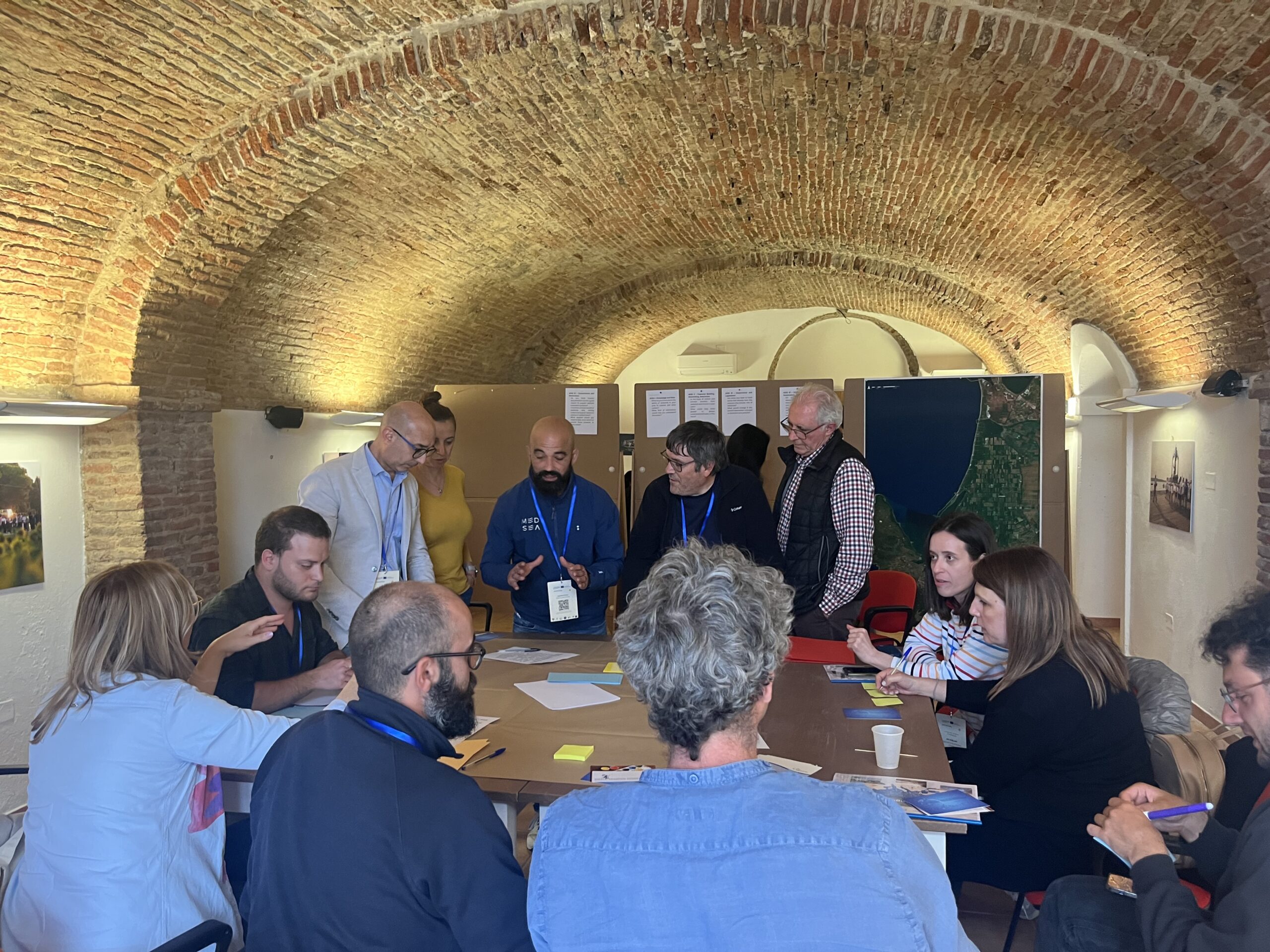
Wetland4Change | Living Lab | Sardinia
Wetland4Change is transforming how we view wetlands, from passive landscapes to active climate solutions. Through our project we are demonstrating that wetlands are not just biodiversity hotspots, but critical infrastructure for climate resilience.
We are demonstrating this through:
- Developing standardized workflow for mapping flood regulation and carbon sequestration services
- Testing nature-based solutions in 5 transfer cases
- Bridging science and governance through series of local events, in person meeting and 2 Living labs.
Wetland4Change is not just protecting wetlands, it’s repositioning them as strategic partner in the EU’s climate adaptation strategy.
Where is Wetland4Change now in terms of progress, and what key milestones have been achieved at this halfway point? What are the next steps?
At this halfway point, Wetland4Change has achieved substantial progress in advancing both the science and practical application of wetland conservation.
We’ve finalized methodologies for mapping and analyzing wetlands’ capacity to sequester carbon and regulate floods across our five pilot sites. These frameworks are now in the testing phase, with initial data validating their accuracy. Most of the geospatial assessments are complete, revealing critical insights.
Next month, we’ll invite local stakeholders in each pilot site to present these results and refine approaches based on their feedback. This ensures our tools meet real-world needs.
This fall, we’ll debut the first version of the Euro-MED Wetland Knowledge Base. Our focus now shifts from research to action: scaling these solutions to inform policy and on-the-ground restoration.
Wetland4Change emphasizes science-based governance. Can you share how your team is integrating scientific knowledge into decision-making at the local or regional level?
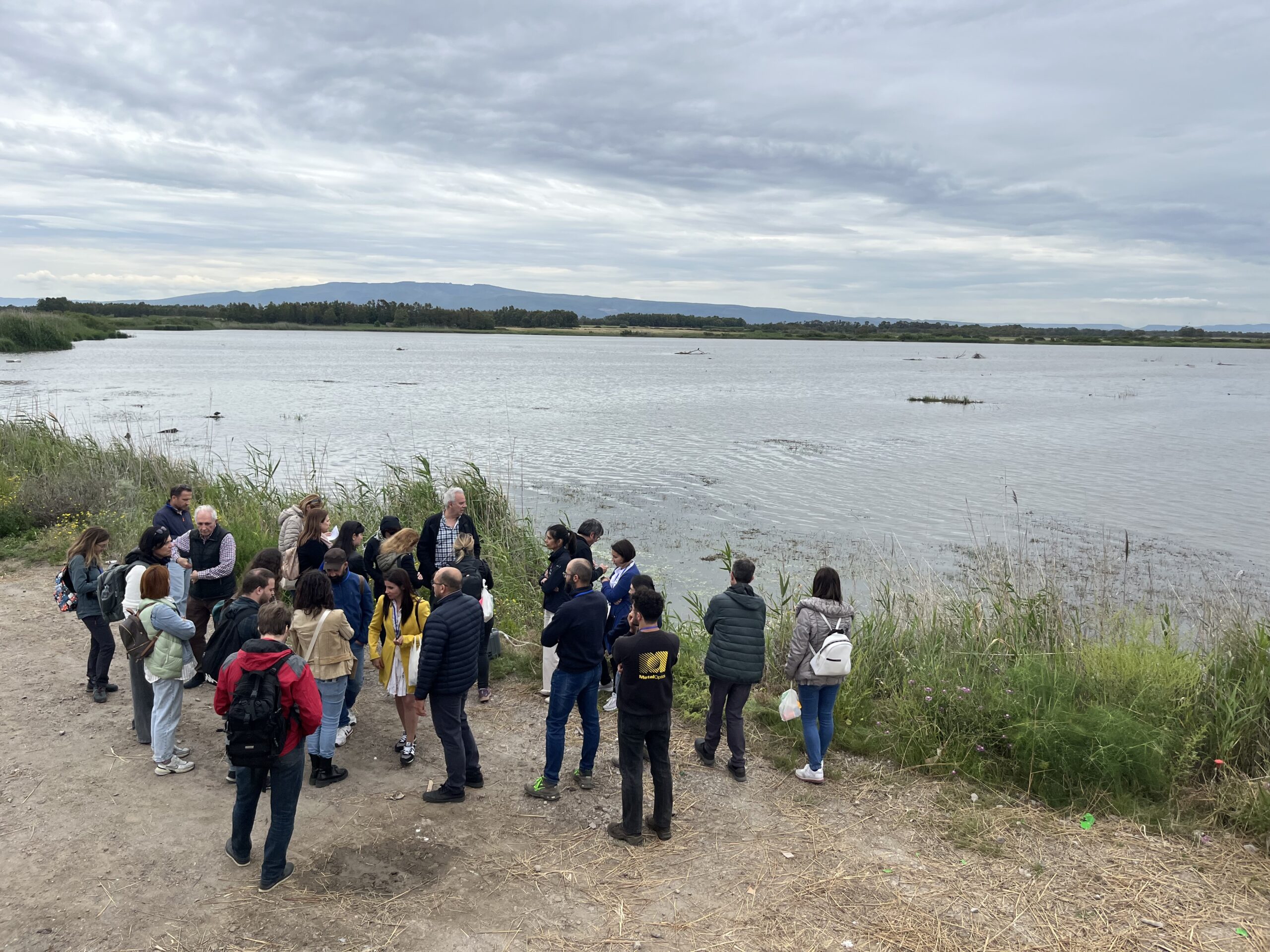
Wetland4Change team sampling and analysing carbon sequestrated in the lagoon of Marceddì | Sardinia
Wetland4Change is actively bridging the gap between science and policy by engaging directly with decision-makers at all levels.
We’ve partnered with the Municipality of Gotse Delchev as an associated partner, working to convince local authorities to adopt wetlands as nature-based solutions in their land-use planning and climate adaptation strategies.
Through a national working group with the Ministry of Agriculture and Food and Ministry of Environment and Water, we contributed to discussions on implementing the GAEC2 standard. We presented findings on wetlands’ carbon sequestration potential, tailored to their typology, to inform sustainable farming practices.
Moving forward, we’ll advocate for the explicit inclusion of wetlands in the next generation of Flood Risk Management Plans in Bulgaria.
By grounding policy debates in hard evidence, we’re turning wetlands from overlooked areas into recognized climate assets.
The Struma catchment is one of Wetland4Change’s pilot sites, what makes this area particularly relevant for testing wetland-based climate solutions, and what progress has been made so far?
The Struma catchment represents the very essence of Wetland4Change’s mission – demonstrating how transboundary cooperation can turn wetlands into powerful climate solution.
As a shared ecosystem between Bulgaria and Greece, Struma embodies the complex challenges of managing water resources across borders. The catchment’s wetlands have suffered from decades of drainage for agriculture, yet retain enormous potential for flood mitigation and carbon storage. Its location makes it a perfect testing ground for solutions applicable across the Mediterranean.
We’re currently at the mid-point of testing our integrated assessment methodologies. Preparations are underway for autumn carbon flux measurements that will quantify sequestration rates. Our teams in both countries are working in sync, using harmonized protocols – a rare achievement in cross-border environmental projects and the upcoming joint analysis will provide the first comprehensive picture of Struma’s wetland services across national boundaries. Our specially designed transfer case will package these lessons for other border regions. What makes Struma truly special is how it’s proving that ecological boundaries matter more than political ones when building climate resilience.
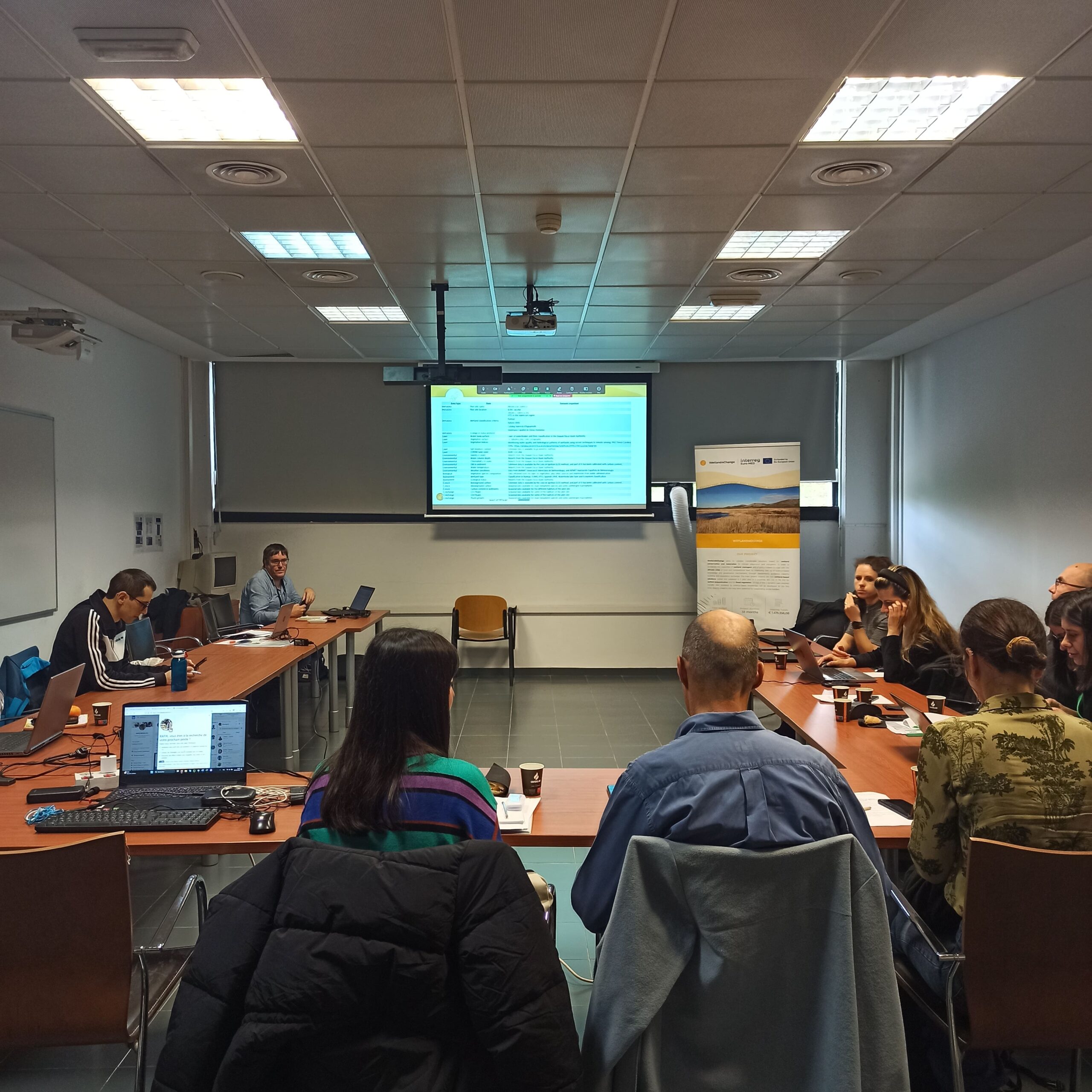
All Wetland4Change partners convened at Parc Natural de l’Albufera – Valencia
What lessons from the transboundary collaboration in Struma do you believe could inspire similar initiatives in other shared wetland systems across Europe?
The Struma collaboration offers three key lessons for Europe:
- Harmonized data – our joint monitoring protocols overcome border disparities in wetland management;
- Shared benefits – upstream restoration in Bulgaria reduces flood risks for Greece;
- Policy bridges – we will create a replicable model for transboundary governance.
How do you plan on sharing the knowledge learned in this project to future generations/achievements ?
We’re building two lasting tools:
The Euro-Med Wetland Knowledge Base – an open-access geoportal.and a the training Modules – integrated into Euro-Med Academy.
Last, but not least, the transfer cases create ready-to-use blueprints for future projects.
- Wetland4Change | Petar Petrov | University of Forestry
- Wetland4Change | Stanimira Ivanova | University of Forestry

